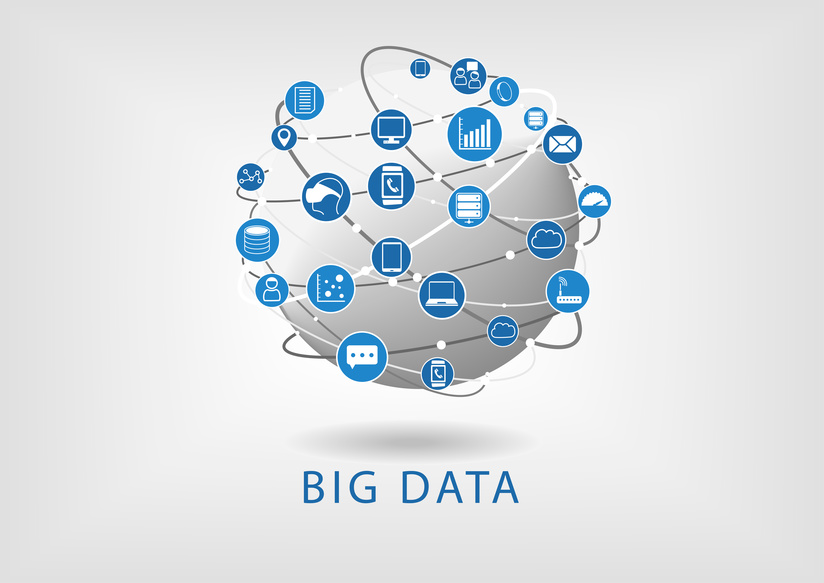
Among the news items relating to M & A’s this week was something of great interest to those of us concerned with the Healthcare Technology world. IBM’s Watson Health unit just announced acquisition of not one but two healthcare focused startups Phytel and Explorys. The truly interesting thing was the Big Data connection of both these startups. Phytel provides cloud-based services to integrate with the electronic health records of patients to better track and manage their patients and Explorys focuses on analysis of big data in healthcare and has built among the largest clinical data sets around with close to 315 billion data points of nearly 50 million people. I guess for those that still had doubts it’s quite clear now – Big Data is big news in Healthcare Technology.
No one argues that there is a truly enormous amount of data being created and stored all the time. Eric Schmidt, CEO of Google estimated that every two days we create as much data as we did from the very earliest days of civilization through till 2003 – a truly staggering number. In the Healthcare space much of this data is being created in response to provisions in 2010’s Affordable Care Act that have made it mandatory for health providers to create and maintain comprehensive patients’ electronic health records and then report to the government electronically. Data is also being generated because of advances in mobility – along with IBM Watson Health’s acquisition announcements was announcement of an enhanced tie up with Apple aimed at gathering health information from users of the Apple Watch through the HealthKit and ResearchKit service.
Apart from the sheer volume the problem is just how distributed all this data is – the State and US federal governments, hospital chains, primary care providers, insurers, research organizations and even charity organizations all have their own data siloes. This throws up challenges of storage, security, real-time access and analysis.
A key Big Data issue is integration between all these disparate systems – the major issue being the lack of standardization in the way data is collected, recorded and stored across the several different stakeholders. There are significant efforts underway at the National Institutes of Health through their Bid Data To Knowledge (BD2K) initiative and in other collaborations too. The aim of all of them is to find better ways to store, maintain and access data to make the most of the Big Data advances out there.
The real value of Big Data though is in its application to generate insights that can be used to improve patient care and the overall healthcare experience. There is the opportunity to bring together all the data related to the patient, his environment, his history and current treatment and even other relevant cases out there that may have a bearing – the objective being to put together a holistic picture that allows the right experts to make predictions and take action proactively. An interesting term doing the rounds is Clinical Business Intelligence (CBI). CBI is a technology system based approach to gathering and analyzing data to provide the results to the clinicians when they need it, thus helping them to make better choices regarding the patient’s care and wellbeing. Clinical Decision Support Systems (CDSS) are already taking the Big Data / Analytics route to simply and quickly give doctors and clinicians all the relevant information about the patient thus helping prevent errors. Going back to IBM’s Watson Health – the supercomputer Watson now lays claim, only somewhat jokingly, to being the world’s best diagnostician and now aims to be the world’s best doctor.
Healthcare with its many venerable technology platforms that have ruled the roost for many decades has sometimes been accused of being slower to move with the times than some other technology spaces. Big Data may have come and changed all that – the circumstances are right and so is the timing. It’s clear the big news in healthcare technology is Big Data – we have no choice but to be ready for it.






